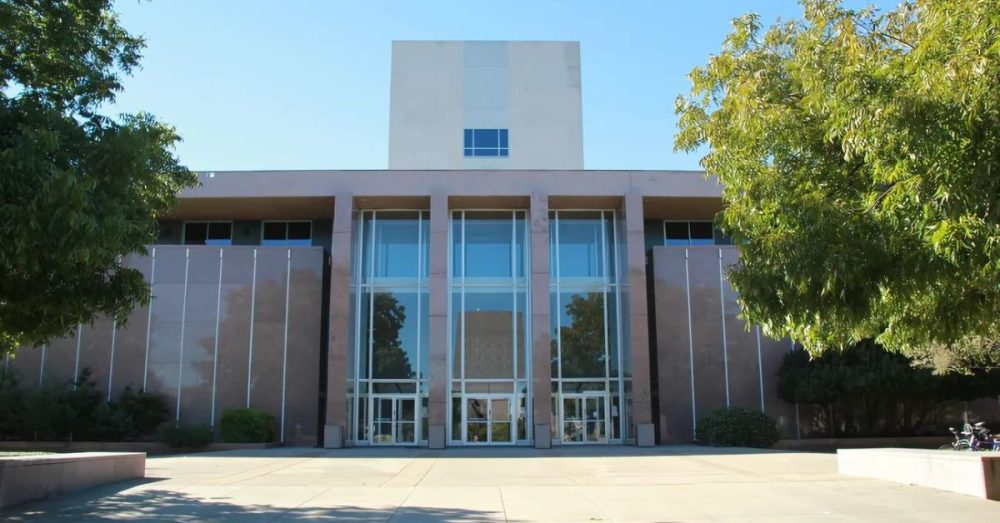(Texas Scorecard) – The Texas Court of Criminal Appeals has ruled that the Texas Ethics Commission, often referred to as the “secret speech police,” must first review and investigate any complaints about campaign law violations before prosecutors can file criminal charges.
Rather than duly elected officials having the power to prosecute these cases, the decision now places that power in the hands of an unelected bipartisan board consisting of half Republicans and half Democrats.
The case in question involves Gail Charette, a Republican candidate who ran for county judge in Washington County in 2018. Charette was indicted on four misdemeanor charges related to alleged violations of campaign finance and election laws. These included accusations such as misrepresenting the source of a campaign communication and failing to file required financial disclosures. The charges were brought shortly before the 2018 primary election by a special prosecutor, appointed after the local district attorney recused himself.
Reversing a lower court’s decision, the Court of Criminal Appeals—Texas’ highest criminal court—ruled that the TEC has exclusive jurisdiction over matters regarding campaign law violations.
In the 6-3 ruling, the Court stated that the TEC is the exclusive authority on investigating campaign law violations and if it finds sufficient evidence of wrongdoing, it can refer cases to prosecutors for criminal charges.
In Charette’s case, no such process occurred, and as a result, the court concluded that the trial court lacked the necessary jurisdiction to hear the case.
The 6-3 decision was authored by Judge Michelle Slaughter, who, along with two other judges on the court, was defeated in the Republican primary election earlier this year, largely due to their role in a 2021 decision that stripped the Attorney General of the power to unilaterally prosecute election fraud cases. Gov. Greg Abbott has referred to that ruling as “nonsensical” and “bizarre.”
Tony McDonald, a campaign finance attorney, called the court’s latest decision “insane.”
“If you’ve ever dealt with the TEC, you know what a disaster this is. These people are a small staff of paper pushers working for unpaid, unelected bipartisan commissioners who meet 4 to 5 times a year. They are completely incapable of prosecuting election cases in 254 counties,” said McDonald.
“Without any statutory authority, the TEC has granted itself unilateral authority to punish civil respondents for default (failing to show up), for failing to adequately ask written questions, and for any generic type of contempt (offending them, basically). On top of that, even if the respondent participates, the TEC will make a finding against the respondent if they invoke their right to silence,” he added.
Mitch Little, an attorney who represented Attorney General Ken Paxton in the impeachment trial last year and is an incoming member of the House, called the decision “absolute madness,” accusing Slaughter and others of “just getting in one final jab to our election system on the way out.”
The Judges ruling in favor:
- Michelle Slaughter
- Barbara Hervey
- Bert Richardson
- David Newell
- Scott Walker
- Jesse McClure
The Judges dissenting:
- Sharon Keller
- Kevin Yeary
- Mary Lou Keel


